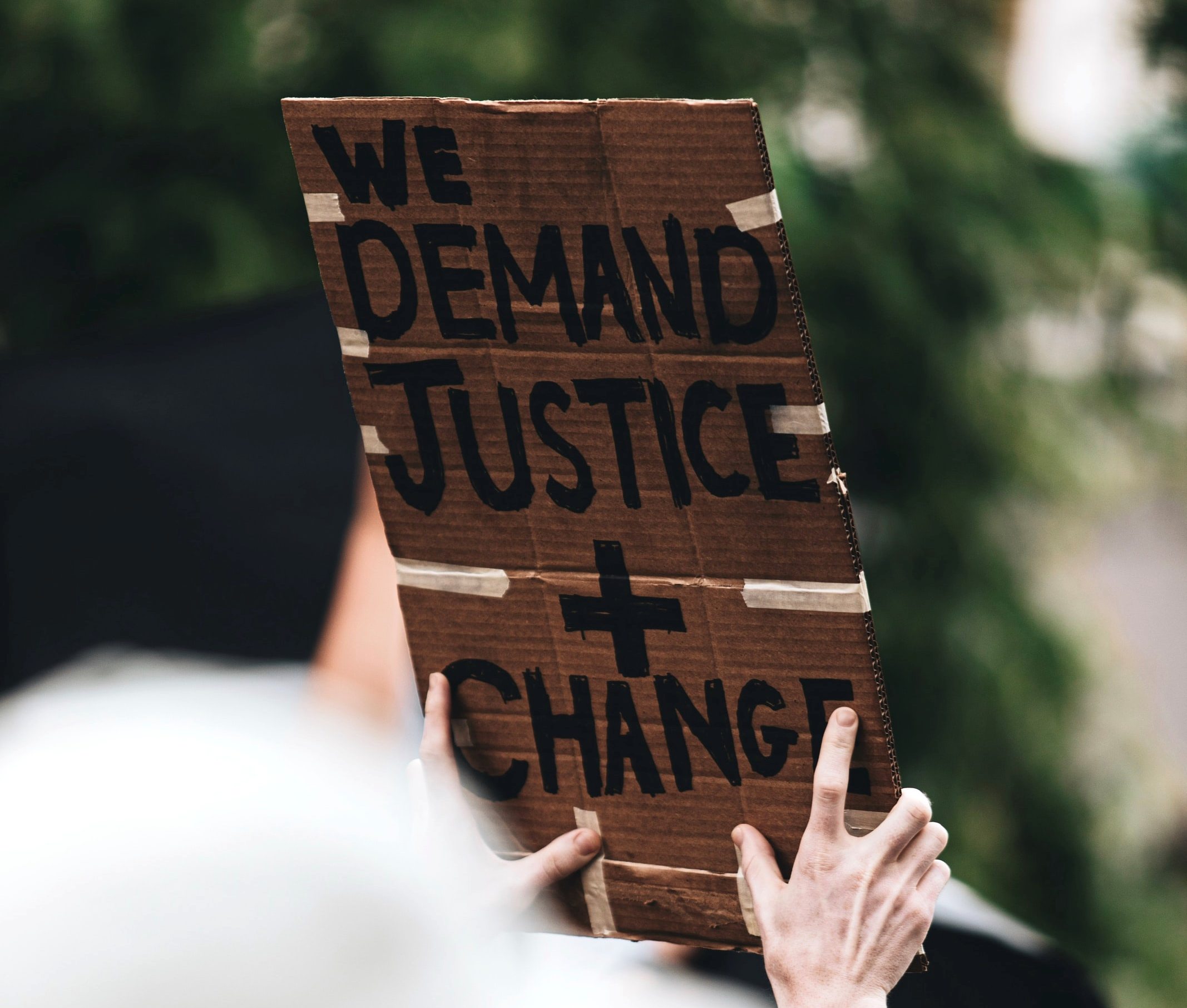It is 2:30 p.m., and I am walking back onto the locked behavioral health unit I work for.
Immediately, I hear yelling coming from down the hall. I turn a corner as the call over loudspeakers diverts my attention:
Code grey! C2! Code grey! C2!
I jump into action—this coded announcement means that as a mental health assistant who is assigned to unit C2, I am responsible for showing up to this “code.” Code grey means a patient has become violent and needs de-escalation and possible restraint.
This code calls to the floor more mental health assistants like me, security guards, nurses from other floors, and social workers. We then, depending on the relationship one of us may have with the patient, begin to talk the patient down. We ask questions to ascertain the source of the patient’s rage. If the patient has a weapon or is menacing or violent, with the help of security officers, we peacefully protect ourselves while still talking to de-escalate the patient. Only in a last-ditch effort for the safety of the patient and workers involved do we physically restrain or sedate.
What do we not do?
We do not show up to a situation we are not trained in or prepared for with the possibility of murdering an individual hanging thick in the night air. We do not point a pistol at someone wielding a knife who is a safe distance away from us before asking questions. We do not meet mental health crises with deadly force.
If only the same went for police officers when it comes to being called out to a mental health emergency or crisis that someone is experiencing. Especially when that individual also happens to be Black.
“You don’t deal with crisis with a firearm.” ~ Shaka Johnson, attorney representing the Wallace Family
Walter Wallace, a 27-year-old father of nine who suffered from bipolar disorder, was shot and killed by Philadelphia police officers last week.
His family called 911 several times on the day he was killed, trying to get an ambulance to the Wallace home.
I’m in the Cobbs Creek neighborhood of Philadelphia, where police shot a Black man less than an hour ago. Witnesses say he had a knife but was not charging police. Numerous shell casings are in the street. Neighbors are irate, crying, yelling at police. pic.twitter.com/oWtIJTDdUw
— Ellie Rushing (@EllieRushing) October 26, 2020
Walter’s family could see he was in the throes of a mental health crisis stemming from his bipolar disorder. Unfortunately, police officers arrived at the scene first before an ambulance. They saw a Black man holding a knife and appearing menacing.
Police officers are not given mental health or trauma-informed training in the same capacity as a social worker or mental health counselor. That isn’t their job; therefore, they are not taught how to perform these delicate skills. Yet, we still send these improperly trained assassins into the lion’s den of mental health and hope for the best.
Walter Wallace is a victim of this revolving door of meeting mental health crisis with deadly force.
According to a study done by the Treatment Advocacy Center, 1 in 4 fatal police encounters involves an individual with a severe mental illness. These deaths could possibly be avoided if we sent the proper de-escalation teams to these scenes first or alongside law enforcement.
The same study done by the Treatment Advocacy Center states that 1 out of 10 law enforcement responses is for a situation involving an individual with a severe mental illness. Why are we not deploying mobile crisis teams to these situations? Why can’t the police and these teams work side by side when assisting a severely mentally ill individual?
I am not here to bash the police.
I am here to state that for too long, we have tried to fit a round peg into a square hole regarding the handling of mental health-related 911 phone calls. Walter Wallace was battling a disease and, instead of being met with compassion and concern, he was met with fear and bullets.
The only way to change these outcomes is to change the way our law enforcement operates. Those with all the power need to be held fully accountable for what they do. But what if law enforcement didn’t hold all the power in these crisis situations? What if there was a solution, one you are familiar with, that could begin the wheels of change in mental health-related police interaction?
What does defunding the police mean and look like?
Police brutality and injustice has been brought to the forefront of our minds in the past six months with careless murders like George Floyd. These injustices have also begun talks of defunding the police in certain cities. For those who have not researched this topic, it could seem as if protestors are asking for the abolishment of the police. Defunding the police doesn’t take them away from protecting your community.
Defunding the police takes chunks of a city’s budget and allocates this to other needed services in the community. These funds could be used for the training and implementing of a social worker based mobile crisis team. This mobile crisis team could be the first set of helpers called when someone is experiencing a mental health-related crisis.
What does law enforcement cost?
It can be an alarming thing to think of taking money away from the police departments in your area. Here are some reasons why it can be done: 5 billion, 100 million, and 626 million.
These are the respective law enforcement budgets from the last fiscal years for New York City, Virginia Beach, and Las Vegas. These numbers represent 35–50 percent of the city’s yearly budgets.
Albuquerque, New Mexico has drafted a business plan for a community safety department that would be staffed by unarmed mental health professionals. This project is still in the works. The city would fund this project by reallocating some of the $205 million budget given to its law enforcement.
This is what defunding the police looks like in real life.
Be part of the change.
What can you do to help those like Walter Wallace? How can your efforts help the severely mentally ill who are not being treated justly by those meant to protect them?
Protest peacefully. Go to your city council buildings, police stations, and courts and begin marching and protesting against the mistreatment of minorities when encountering law enforcement. Gather small, socially distant groups armed with masks and chants to remind the public what is happening within law enforcement.
Vote! Yes, we all know voting in the presidential election is important. Voting in your local and state elections is even more important when talking about budget allocation and possible implementation of new protocol surrounding 911 calls involving someone who is severely mentally ill.
Officials such as governors, mayors, state legislature, and local judges are all elected in local and state elections. These individuals help make the laws for your area and influence the budgets for your cities. Research who is on the ballot as well as the laws or revised laws that are being voted on.
Walter Wallace Jr. didn’t need to die.
African Americans, those with a severe mental illness, and any other minority group should never feel unsafe calling law enforcement for help. We must band together, educate ourselves, and fight for those without a voice.
No one should receive death when silently screaming for help.
“You look at me and cry; everything hurts. I hold you and whisper: but everything can heal.” ~ Rupi Kaur









Read 8 comments and reply